Health & Medicine
-
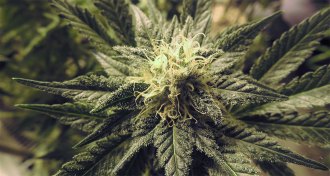 Health & Medicine
Health & MedicinePromise and perils of marijuana deserve more scientific scrutiny
Report outlines medical potential and health dangers of cannabis and its components.
By Bruce Bower -
 Paleontology
PaleontologyReaders weigh in on dinos, dark matter and more
Ancient bird calls, the search for dark matter and more in reader feedback.
-
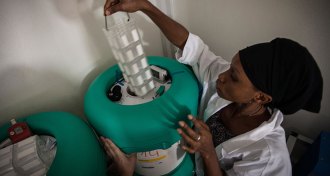 Health & Medicine
Health & MedicineEbola vaccine proves effective
The Ebola vaccine rVSV-ZEBOV proved effective at stopping the spread of the virus in a clinical trial in West Africa.
By Meghan Rosen -
 Health & Medicine
Health & MedicineEbola vaccine proves effective, final trial results show
The Ebola vaccine rVSV-ZEBOV proved effective at stopping the spread of the virus in a clinical trial in West Africa.
By Meghan Rosen -
 Neuroscience
NeuroscienceHow scientists are hunting for a safer opioid painkiller
Scientists are sorting through chemical structures, twisting and turning known drugs and exploring new ways to ease pain.
-
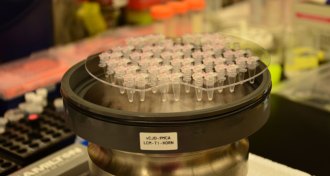 Health & Medicine
Health & MedicineNew blood tests can detect prions
Blood tests may detect prion disease in people even before onset of symptoms.
-
 Health & Medicine
Health & MedicineMotherhood might actually improve memory
Having a baby changes all sorts of things, including a mother’s brain.
-
 Health & Medicine
Health & MedicineThe Flint water crisis and other public health woes from 2016
Drug use continued to threaten the health and safety of the American public in 2016, while a hidden menace in drinking water remained a worry in Michigan.
-
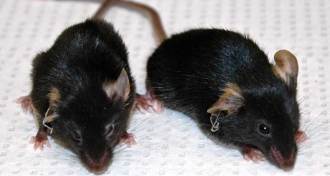 Genetics
GeneticsProteins that reprogram cells can turn back mice’s aging clock
Proteins that reprogram adult cells to an embryonic-like state can rejuvenate prematurely aging mice.
-
 Health & Medicine
Health & MedicineBirth defects occur in 1 in 10 pregnancies with first trimester Zika infection
About 6 percent of U.S. women infected with Zika virus have infants or fetuses with birth defects, according to preliminary CDC results. For women infected in the first trimester, the number is even higher: nearly 11 percent.
By Meghan Rosen -
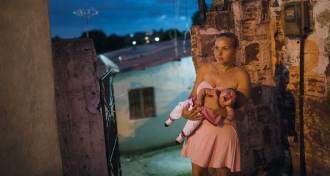 Health & Medicine
Health & MedicineYear in review: Zika virus devastates Brazil and spreads fear across Americas
The increase in microcephaly in Brazil has spread fear of Zika infection across the Americas.
By Meghan Rosen -
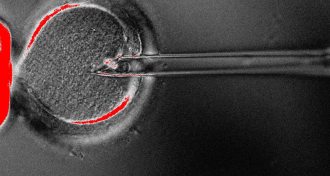 Genetics
GeneticsYear in review: ‘Three-parent baby’ technique raises hope and concern
Safety and ethical concerns surround controversial mitochondrial replacement therapy.